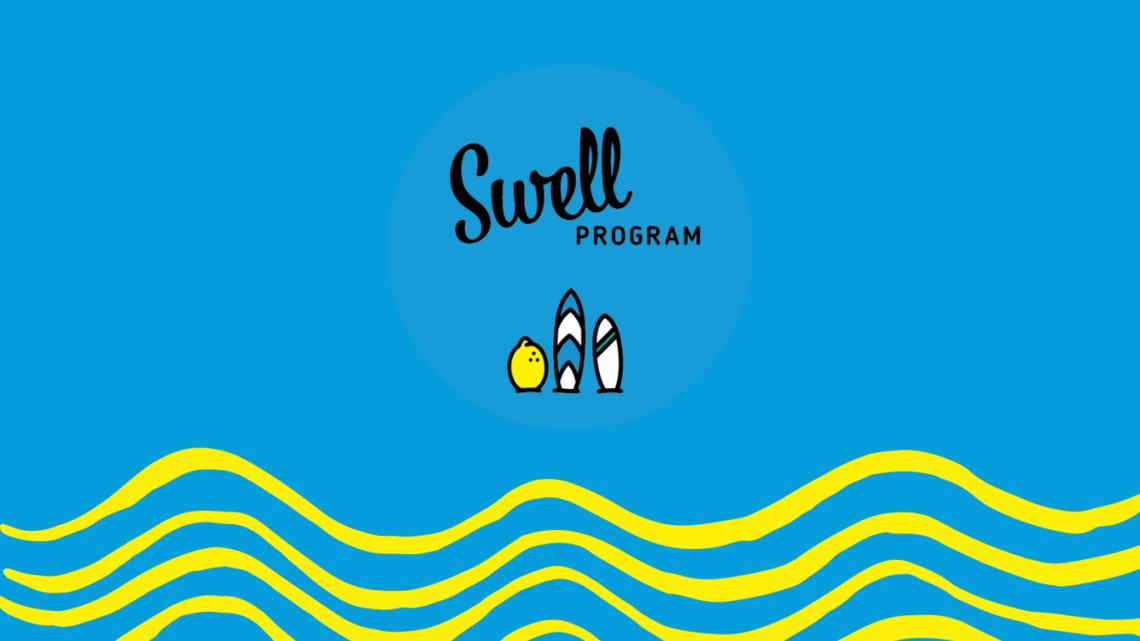With Christmas fast approaching, it’s that time of year that the Christmas Party Tax Rule questions start trickling through, and more specifically, whether Fringe Benefits Tax apply to Christmas Parties and Gifts.
We find a lot of businesses get quite confused when it comes to what they can and can’t claim at Christmas time (it’s no wonder, as the rules are confusing and there are lots of variables too).
So, we thought we’d take a closer look at whether there are any Fringe Benefits Tax consequences to the entertainment you may be wanting to provide to your staff and associates this Christmas period.
Is Entertainment subject to FBT?
There are a few variables when it comes to determining if entertainment is subject to FBT and these include:
– Location – in-house or held off premises
– Cost per head – under $300 is considered a ‘minor benefit’
– Who is invited – employees only or are family members included
For ease of reading we have created a table below showing varying circumstances based on the above. In general, if your total cost per head is under $300 the costs are likely to be exempt from FBT. However, there is no income tax deduction available and therefore, also no GST is claimable.
| In house/ Off site | Cost per Head | Who are the Guests | FBT Applicable? | Deductible? |
| In House | Under $300 | Employees | No | No |
| In House | Under $300 | Associates | No | No |
| In House | Under $300 | Clients | No | No |
| In House | Over $300 | Employees | No | No |
| In House | Over $300 | Associates | Yes | Yes |
| In House | Over $300 | Clients | No | No |
| Off Site | Under $300 | Employees | No | No |
| Off Site | Under $300 | Associates | No | No |
| Off Site | Under $300 | Clients | No | No |
| Off Site | Over $300 | Employees | Yes | Yes |
| Off Site | Over $300 | Associates | Yes | Yes |
| Off Site | Over $300 | Clients | No | No |
Are staff gifts tax deductible?
While staff gifts are considered separately to a Christmas party, they are an associated benefit so the $300 is taken overall including the party and the gift. If the totals are under $300 and ‘infrequent’ then they will be exempt from FBT but also will not be deductible.
Our general advice to clients is to endeavour to keep any costs and associated costs of Christmas celebrations under the $300 per head threshold. This avoids FBT which can be costly not only to pay but it’s also another lodgement that most businesses would happily avoid.
Will I be taxed on Client Christmas gifts?
In most cases, Client Christmas gifts will be tax deductible to your business. However, we encourage you to read “Are Client Christmas Gifts Tax Deductible?” for a more detailed overview.
This is general information. We always recommend you seek advice for your individual situation from your advisor.



